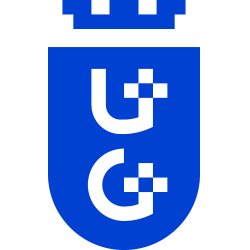
ul. Bażyńskiego 1a 80-952 Gdańsk
Poland
ISNI ID: 0000 0001 2370 4076
GRID ID: grid.8585.0
Dariusz Szczukowski
Konteksty Kultury, Volume 16 Issue 4, 2019, pp. 483-494
https://doi.org/10.4467/23531991KK.19.044.11963This article is an attempt at rethinking school Polish studies in the perspective of post-critical pedagogy, in which the school is understood as a common good that serves the purpose of renewing the ties with the world. In this context, Polish studies become a space for building a democratic community of reading subjects. Therefore, they cannot be reduced to the production of particular ideological attitudes, nor can they be enclosed in an engineered school machinery designed to effectively fulfil the core curriculum.
Dariusz Szczukowski
Wielogłos, Issue 1 (15) 2013: Tadeusz Różewicz, 2013, pp. 63-77
https://doi.org/10.4467/2084395XWI.13.005.1063
To the end of the night. Tadeusz Różewicz’s peeping of the death
In my article I analyse Tadeusz Różewicz’s poems, which reflect the author’s anxiety concerning the upcoming death. Writing about death, the poet reaches for the motif of night and dream. He writes about the dead visiting him and appeals to the Orphean motifs.
I analyse two poetic descriptions in greater detail: *** Przedzierałem się przez ten sen oraz ***wicher dobijał się do okien. The former one is connected with the death of mother. In Różewicz’s poetry the death of mother becomes an obsessive image which foreshadows his own death, a place of experiencing the limit of poetry itself. The latter is an evidence of the old poet’s fear of death. Death in Różewicz’s works is refl ected both as a horizon of life, and of poetry. A poem understood as the “preview of death” is a neverending effort made in the name of life